April 14, 2020
The unprecedented quantities of oil released during the Deepwater Horizon discharge and the chemical dispersants used during the response effort raised concerns about how Gulf of Mexico ecosystems would be affected. A special edition of the American Geophysical Union’s Eos magazine Science from the Spill, which coincides with the tenth anniversary of Deepwater Horizon, recognizes advancements by the scientific community who rallied to meet the pressing research needs that followed.
Scientists Joel Kostka, Samantha Joye, and Rita Colwell authored a feature article for the special edition titled “Deepwater Horizon and the Rise of OMICS” that describes breakthroughs in microbial genomics stemming from research funded by the Gulf of Mexico Research Initiative. The article explains how the field of environmental genomics or “omics” matured in the decade following the disaster. Genomics enables scientists to document the microbes present in nature and assess their potential metabolisms without having to grow them in the lab.
For example, advanced genomic tools enabled scientists to gain unprecedented details about complex microbial communities and how they degraded hydrocarbons in oil-impacted Florida beaches. Hydrocarbon degrading microbes serve as sentinels or bioindicators of oil exposure and reveal how ecosystem services such as organic matter decomposition and nutrient regeneration could be altered. Knowledge of microbial baselines along beaches can provide insights into when oil-contaminated shorelines return close to their original condition.
Scientists have also isolated an extraordinary microbe – KTK-01 – that possesses the capability for hydrocarbon oxidation in a nitrogen-limited environment, which an oil infusion can induce. Fertilizing environments with nitrogen and phosphorus to stimulate microbial growth has been used to stimulate biodegradation in past oil spills, but it is costly and could have unintended consequences for ecosystems. A microbe that naturally exists in an oil-contaminated environment and that can degrade oil while generating its own nutrients opens up the possibility of employing natural spill remediation techniques in future spill response.
The decade of research following the Deepwater Horizon spill has catalyzed a sea change in our understanding of the Gulf of Mexico’s complex environment and diverse marine life and the dynamic natural processes that come into play when there are stressors or disturbances. Advancements in genomic techniques have enabled researchers to quickly and inexpensively analyze field samples and provide information about microbial ecosystems before, during, and after oil spills. This information can inform environmental risk assessments, mitigation plans, and ecosystem recovery monitoring.
Dr. Rita Colwell is a Distinguished University Professor at the University of Maryland and Johns Hopkins University Bloomberg School of Public Health, Founder and Chair of CosmosID, Inc., and Chair of the GoMRI Research Board. She is recognized for her research contributions in global infectious diseases and has received numerous national and international awards and honors, including 55 honorary degrees. Her leadership includes positions in U.S. Government and nonprofit science policy organizations, private foundations, and the international scientific research community. She has authored or co-authored 17 books and 750+ scientific publications.
Dr. Samantha Joye is a University of Georgia’s Regents Professor, the Athletic Association Professor of Arts and Sciences, and a Professor of Marine Sciences in the Franklin College of Arts and Sciences. She is an oceanographer, microbiologist, and geochemist who has made numerous deep ocean dives in manned submersible and remotely operated vehicles and has published 175 peer-reviewed publications and 20 book chapters. Joye leads the GoMRI-funded Ecosystem Impacts of Oil and Gas Inputs to the Gulf 2 (ECOGIG 2) research consortium and is a Fellow of the American Association for the Advancement of Science, the American Geophysical Union, the American Academy of Microbiology, and the Association for Sciences for Limnology and Oceanography.
Dr. Joel Kostka is a Professor and Associate Chair for Research in the Schools of Biological Sciences and Earth and Atmospheric Sciences at the Georgia Institute of Technology, a microbiologist and biogeochemist, and honored as an American Academy of Microbiology Fellow. He has authored or co-authored 125+ peer-reviewed publications and has served as co-Principal Investigator on three GoMRI research consortia: Deepsea to Coast Connectivity in the Eastern Gulf of Mexico (DEEP-C) and the Center for the Integrated Modeling and Analysis of Gulf Ecosystems (C-IMAGE II and C-IMAGE III). Kostka currently serves as a Distinguished Lecturer for the American Society of Microbiology and as Chair of the Gordon Research Conference in Applied and Environmental Microbiology.
This story originally appeared online here, and was written by Nilde Maggie Dannreuther. Contact maggied@ngi.msstate.edu with questions or comments.
************
The Gulf of Mexico Research Initiative (GoMRI) is a 10-year independent research program established to study the effect, and the potential associated impact, of hydrocarbon releases on the environment and public health, as well as to develop improved spill mitigation, oil detection, characterization and remediation technologies. An independent and academic 20-member Research Board makes the funding and research direction decisions to ensure the intellectual quality, effectiveness and academic independence of the GoMRI research. All research data, findings and publications will be made publicly available. The program was established through a $500 million financial commitment from BP. For more information, visit https://gulfresearchinitiative.org/.
© Copyright 2010-2020 Gulf of Mexico Research Initiative (GoMRI) – All Rights Reserved. Redistribution is encouraged with acknowledgement to the Gulf of Mexico Research Initiative (GoMRI). Please credit images and/or videos as done in each article. Questions? Contact web-content editor Nilde “Maggie” Dannreuther, Northern Gulf Institute, Mississippi State University (maggied@ngi.msstate.edu).

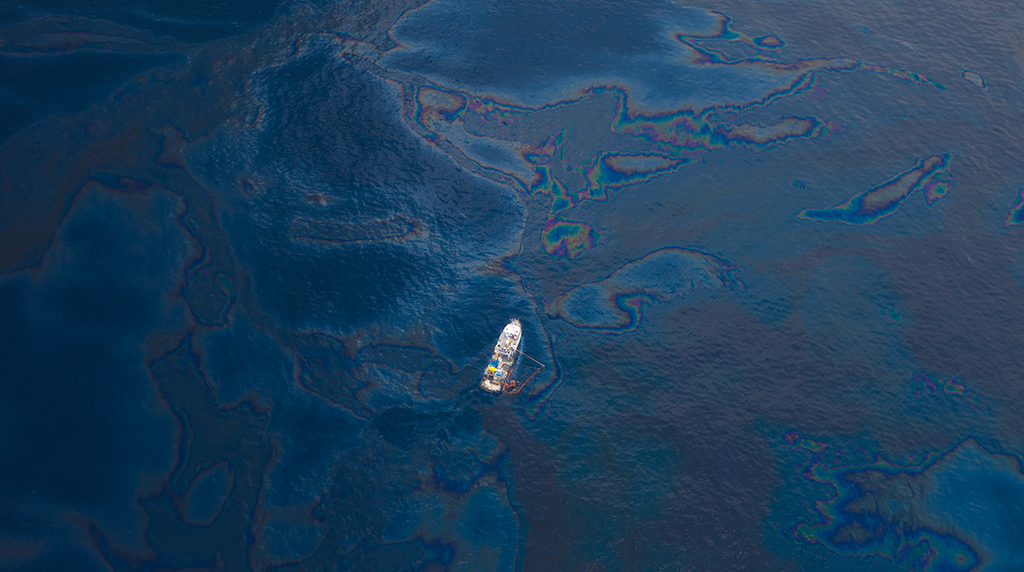
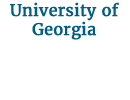

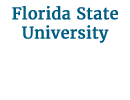


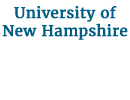



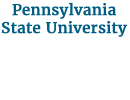

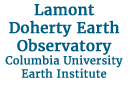

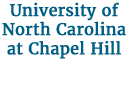


 back to top
back to top